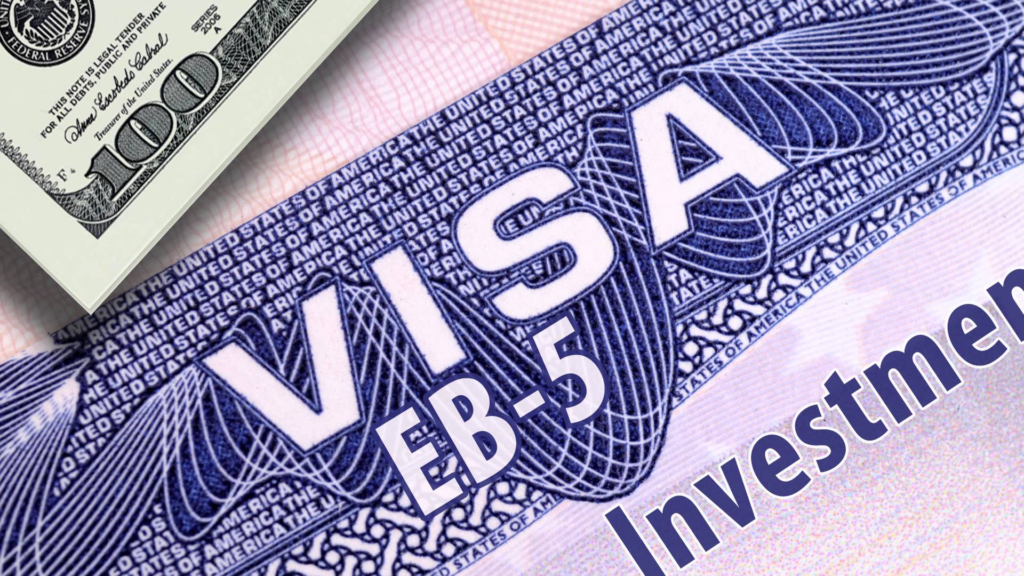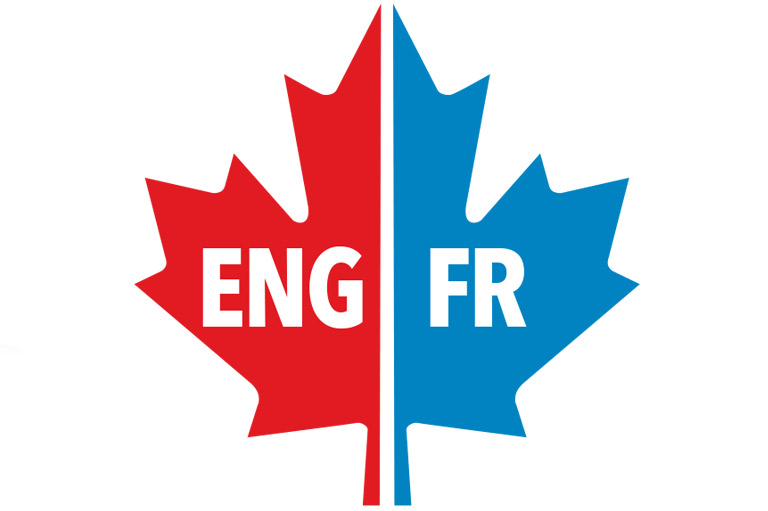After graduation, many students wonder what comes next. A post graduation work permit allows you to gain valuable work experience in your field after finishing your studies. This option can be an important step to building your career and expanding your skills in a real-world setting.
Applying for a work permit can seem overwhelming, but understanding the requirements makes it easier. You need to know how long you can work, what kinds of jobs qualify, and the paperwork involved. Finding this information will help you feel more prepared and confident as you transition into the workforce.
As you explore your options, think about how a post graduation work permit can boost your career. Gaining experience in your area helps you stand out to future employers. Understanding this process can lead you to success in your professional journey.
Eligibility Criteria
To apply for a post-graduation work permit, you must meet specific criteria. These include educational requirements, the timing of your application, and your status during the application process. Each of these factors is essential for a successful application.
Educational Requirements
You must have completed a program of study at a designated learning institution. This program must be at least eight months long. Acceptable programs include those that offer degrees, diplomas, or certificates.
Your school must be authorized by the government to enroll international students. If you have studied in Canada, check if your program qualifies for a work permit. Always ensure that you received your final grades after completing your study program.
Application Timing
You have 180 days to apply for the work permit after receiving your final marks. This timeline is crucial as your application will not be accepted if you miss the deadline.
To be eligible, apply while your study permit is still valid or within 180 days after it expires. This ensures that you remain eligible for a post-graduation work permit, so keep track of your dates. Make sure to prepare all necessary documents before applying.
Status During Application
While your application is being processed, you may need to maintain a legal status in Canada. If you apply before your study permit expires, you can remain in Canada until a decision is made.
If your study permit has already expired, you must restore your status to apply for a work permit. This may require additional steps. You should follow the rules to ensure there are no gaps in your legal status while waiting for your permit.
Application Process
Applying for a post-graduation work permit involves several important steps. You need to gather the necessary documents, submit your application online, and know what to expect regarding processing times and fees.
Required Documents
Before you start your application, gather these key documents:
- Valid Passport: Your passport must be current and not expired.
- Proof of Graduation: This can be a degree, diploma, or transcript showing your completion of studies.
- Application Form: Complete the correct application form for a work permit.
- Photos: Provide recent passport-sized photos that meet specific requirements.
- Payment Receipt: Keep a copy of your payment for the application fee.
Make sure all your documents are clear and readable. Missing documents can delay your application. Check the official website for any updates or additional requirements.
Online Application Submission
You need to submit your application through the official immigration website. Follow these steps:
- Create an Account: Register for an account on the website.
- Fill Out Your Application: Complete the online form carefully. Make sure all your information is accurate.
- Upload Your Documents: Upload all required documents in the appropriate format.
- Pay the Fee: Use a valid payment method to pay the application fee. Make sure to save the receipt.
After submitting, you will receive a confirmation. Keep this confirmation safe as it shows that your application is in process.
Processing Times and Fees
Processing times for post-graduation work permits can vary. Generally, here is what to expect:
- Average Processing Time: It usually takes 3 to 5 months.
- Application Fee: The fee is typically CAD 255 but check for the latest fee structure.
You can track your application status online after submission. Look out for any requests for additional information, as this can also affect processing times. Be patient as your application is reviewed.
Conditions and Restrictions
When you hold a post-graduation work permit, it is important to know the specific conditions and restrictions that apply. These rules dictate where you can work, travel limitations, and options for renewal.
Work Limitations
With a post-graduation work permit, you must follow certain work limitations. You can work for any employer in Canada, but your job must relate to your field of study. This connection is crucial for maintaining the validity of your permit.
If you are studying at certain institutions, there may be additional rules about part-time work. For example, some programs might allow only full-time jobs. Always check your specific institution’s guidelines to ensure compliance with work conditions.
Travel During Permit Validity
Traveling while your work permit is valid can impact your status. If you leave Canada, you need to have the right documents to re-enter. This includes a valid permit and, in some cases, a visa.
If you plan to travel outside Canada, ensure your passport is up to date. Returning to Canada after traveling typically requires you to show proof of your employment or studies. Adding travel to your plans requires careful preparation.
Renewal and Extensions
Renewing or extending your post-graduation work permit is possible but comes with requirements. You need to apply before your current permit expires. Focus on maintaining valid status by submitting your application on time.
You may need to provide documentation that shows your employment relates to your field of study. Keep track of deadlines and required paperwork to avoid losing your right to work.
Rights and Responsibilities
As a holder of a post-graduation work permit, you have important rights and responsibilities. Understanding these can help you navigate your new work environment effectively.
Tax Obligations
You are required to pay taxes on your income in Canada. This means you must file a tax return each year with the Canada Revenue Agency (CRA).
Here are key points to remember:
- Earnings: Report all employment earnings and any other income.
- Filing Deadline: The usual deadline to file your taxes is April 30 for the previous year.
- Deductions: You may be eligible for deductions, such as student loans or work-related expenses, which can lower your taxable income.
Failing to meet tax obligations could result in penalties and issues with the CRA. Keeping accurate records can help you prepare for tax season.
Access to Social Services
While on a post-graduation work permit, your access to social services is limited. You might not qualify for some benefits available to permanent residents or citizens.
Important points include:
- Healthcare: Check your province’s regulations. Some may allow you to access health services, while others might require private insurance.
- Employment Insurance (EI): You typically do not qualify for EI unless you have previous work experience and have paid into the system.
Staying informed about your rights to social services can ensure you make the most of available resources. Always consult local guidelines for the most accurate information.


